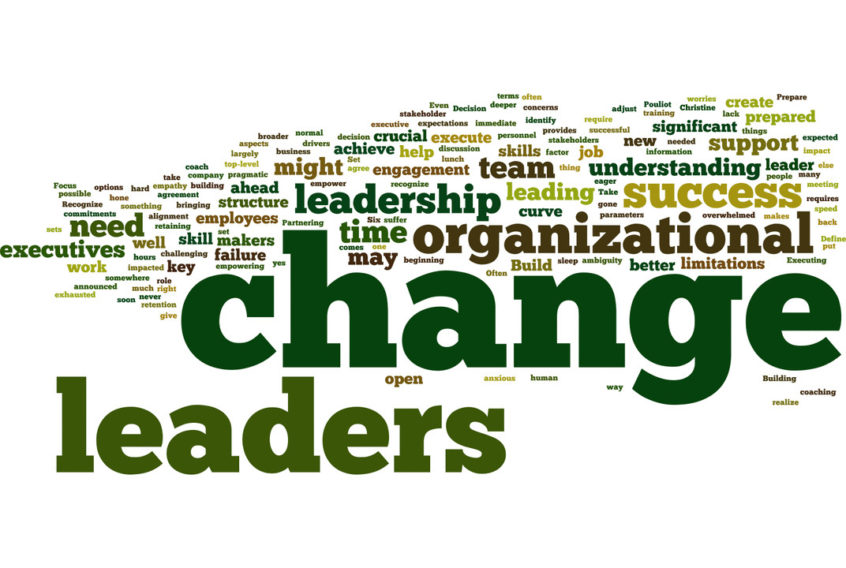The success or failure of an organizational change largely comes down to execution, and that means people. From C-suite decision-makers to business and department leadership, leaders need to be prepared to execute change in the most effective way possible. But too often leaders lack adequate support in their efforts. Here are some ways top-level executives can empower leaders to better execute change and achieve success for themselves and the company.
1. Prepare your leaders
By the time a significant organizational change is announced, the leadership team is well ahead on the change curve, anxious to achieve the expected outcome. However, the stakeholders who are impacted by the change are back at the beginning. Take time to pause and build empathy and understanding within the leadership team of each stakeholder group. Where are they with this change? What will their worries or concerns be? What will be needed to bring them along?
2. Build alignment
Taking time to create a deeper level of understanding in the broader leadership team can position leaders for success. Focus on communicating the WHY for the change. Building an understanding of the key drivers behind an organizational change can help leaders better articulate the initiative to employees. Employees may not agree with the HOW of the change, but bringing them along on the WHY can improve engagement and success.
3. Set clear expectations and parameters
Nothing makes a change leader’s job harder than ambiguity. Define how much leeway they have, both in terms of managing personnel and in what information they can share with employees. What options and limitations do they have for retention and engagement?
4. Recognize your leaders’ limitations
Often key leaders or top talent are tapped to lead a change while also retaining their normal job responsibilities. While they may be eager to take on the new role, it’s important for decision-makers to realize that something will need to give. When a change leader says “yes” to one thing, there will always be a “no” somewhere else. It might be sleep. It might be lunch. It might be meeting other commitments. There will never be more than 24 hours in the day. Without open discussion and agreement on this, leaders will soon feel exhausted and overwhelmed. Over time, aspects of their performance will suffer. Decision makers need to acknowledge this up front and keep an open line of communication with change leaders to adjust as needed through the change.
5. Understand your leaders’ skill sets
Executing a major organizational change requires a new skill set that many leaders haven’t had experience with. Even leading a small team through a change can be challenging to those who haven’t gone through it before. It’s crucial that executives recognize this and work to help leaders identify and hone the skills they’ll need to be successful. This may require building skills across leadership before implementing a change to assure everyone is prepared for the task ahead.
6. Don’t put your leaders on an island
It’s crucial that executives create the right kind of support structure for those leading through significant organizational change. This is hard work and it gets messy and exhausting. Partnering your leader with an executive coach who’s experienced at leading through change provides pragmatic, just-in-time consult, training, and coaching when things get difficult. The human side of organizational change can be the biggest factor in your success or failure and has an immediate impact on the speed through the change curve. Build a support structure that empowers leaders and you’ll be well positioned for success.
Christine Pouliot, CPCC, ACC
Executive and Leadership Development Coach | Disruptive Change Coach | Trainer | International Speaker
Christine Pouliot is a trusted executive coach and a global leader in the world of transformational change. She works with organizations to create an environment where organizations, leaders, and employees succeed during challenging and disruptive changes. As a believer of “Evoking the Possible,” Christine provides executive and leadership development coaching and change management consulting as well as facilitated workshops to help clients achieve the success they desire.


